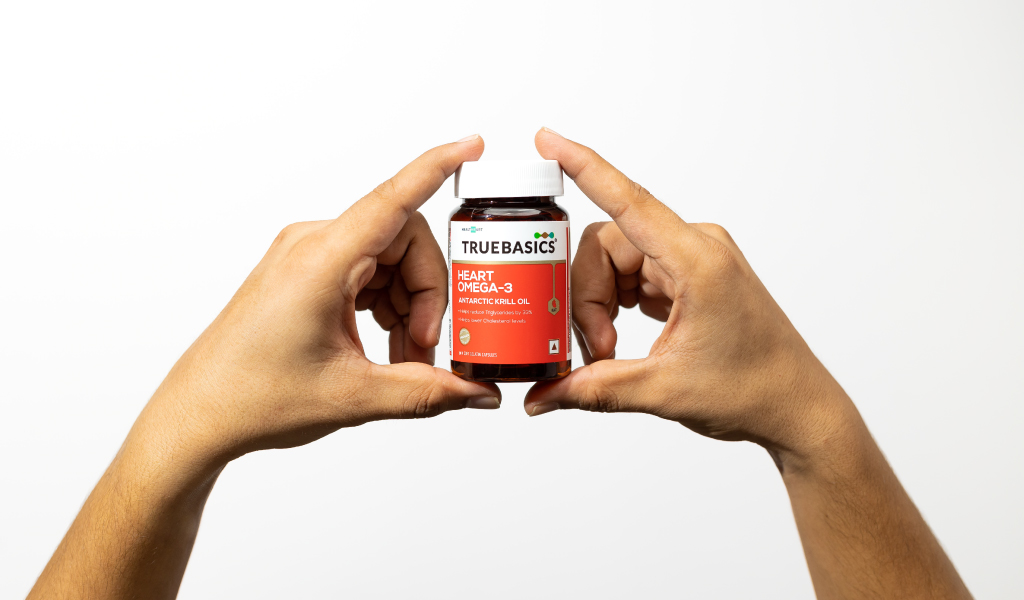Prevention is the ultimate intervention against chronic heart issues. The amount of unpredictability surrounding a heart attack is uncanny, hence preventing them is surely more favorable than finding a cure for them in the long run. Your heart is the most hardworking organ in your entire body. It doesn’t stop, not even for a second. And if it does, it can be life threatening, quite literally.
Myocardial infarctions (commonly called heart attacks) usually occur when a certain part of the heart doesn’t receive enough blood supply. They often exist on the extreme ends, meaning they can either be silent and go undetected or lead to a catastrophic event, which results in sudden death.
Keeping in mind the risks involved, there are some important factors that you should look out for to keep your heart safe in the long run. Keep on reading to know how they affect your heart, backed by science.
How stress promotes the occurrence of a heart attack
The Indian Heart Association relates chronic stress to a nearly three-fold increase in heart diseases. Emotional stress, in particular, triggers the production of inflammatory hormones like Cortisol and Epinephrine, which promote thrombosis (blood clot). Blood clots in the heart, or to be more specific, in the arteries (arterial thrombosis), can potentially stop the blood from reaching important parts of the heart; clotting results in lethal repercussions.
Other justifiable causes include change in sleeping habits, mood swings, heart palpitations, feelings of anger/impending doom, and changing metabolism. These are all symptoms of stress that can be prevented with timely identification and treatment.
Did you know?
You are likely to have a heart attack on a Monday morning than any other day of the week.
*Source: Indian Heart Association*

Smart lifestyle choices to prevent the occurrence of heart attack
We know, it’s easier said than done. Mainstream media has tricked us into over-analysing everything we do on a daily basis. The truth however, is far from what we expect it to be. Instead of going down the usual path of adopting cold turkey tactics on your bad habits, and then overcompensating with guilt, we’d rather have you identify them, and replace them with a habit which is less harmful.
For instance, let’s say you’re trying to break the habit of drinking a glass of wine, every time you’re feeling stressed. The glass of wine here is the reward. To successfully break out of this habit loop, you need to replace your reward with something less harmful, like drinking a cup of coffee. And you have to have realistic expectations from yourself. Contrary to popular belief, you can’t break out of a habit loop in 23 days. Since forming habits is extremely personal, breaking the loop is subjective in nature.

Chronic illnesses
For people suffering from chronic illness, it’s particularly tricky to look beyond the scope of their illness. But, chronic illness rarely ever affects just one part of the body that it is related to. It rather has a ripple effect on all bodily functions.
Let’s say you have diabetes, which affects how your body turns food into energy. According to WHO, diabetes is also one of the leading causes of blindness, kidney failure, heart attack, stroke, and limb amputations.
Heart attack and its management is complicated; it is neither entirely dependent on the body, nor utterly relying on the mind–but an amalgamation of both.
We probably don’t need to remind you that exercise or simply moving your body goes a long way in keeping your healthy in the long run. It is, however, not the only way to keep your heart safe.
The mind and body both have to work together towards one common goal, with a little external help from the experts, of course.
Our in-house heart expert | TrueBasics Heart Omega-3
Speaking of external help from experts, TrueBasics Heart Omega 3 is a specialized heart supplement, made from India’s first clinically researched Superba Krill Oil, which is a certified sustainable source of Omega 3. It is proven to improve Omega 3 levels in just 30 days, hence reducing the risk of heart issues. Also, it is clinically proven to reduce triglycerides by 33%, which is notoriously known to cause hardening of arteries, leading to heart attacks and other related diseases. Reduction of cholesterol and increase Omega-3 levels are some of its key benefits.















